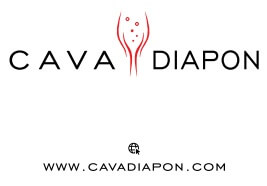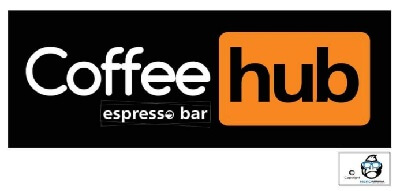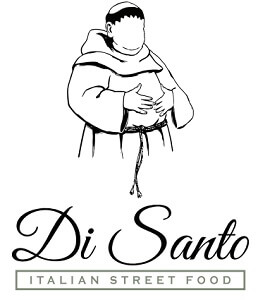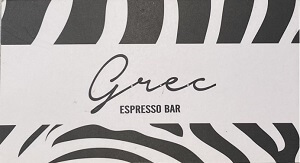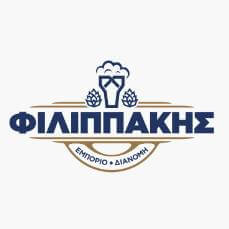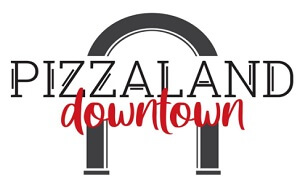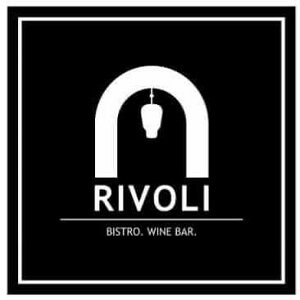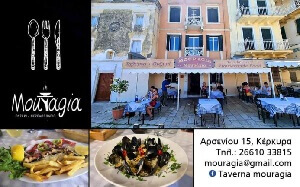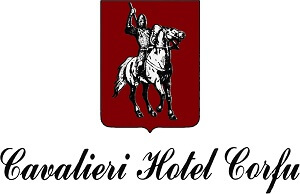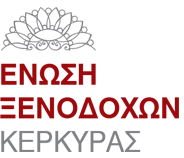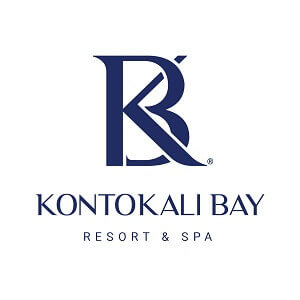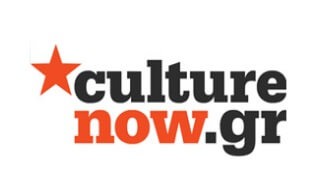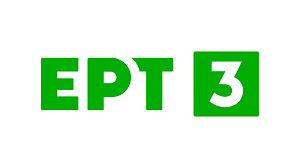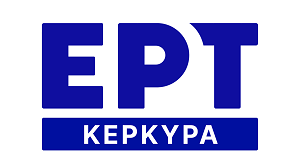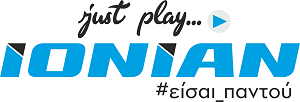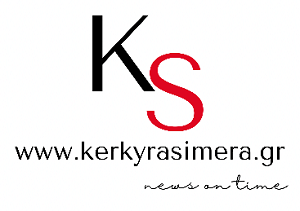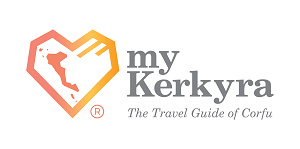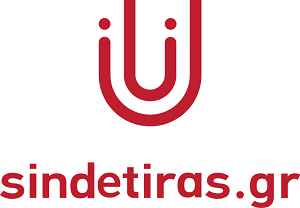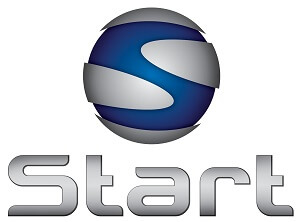Summary
This paper studies the production of informal cultural narratives in the context of Colour & Travel, a research project co-funded by the European Union and Greek national resources.
Abstract
In the era of participation, we are all called upon to participate in a variety of ways in shaping an informal cultural heritage. In Who needs experts? Counter-mapping cultural heritage curator John Schofield advocates the integration of the local and the everyday within cultural heritage discourse, arguing that they can provide a substantial challenge to the views of cultural experts and contribute in a useful way to a more inclusive cultural agenda with a social approach. Especially, the widespread use of digital technology, such as smartphones, game consoles and more, in all aspects of our daily lives, leads to the creation of a wide range of interactive and informal cultural material.
Through this informal framework of actions cultural prosumers emerge, a term that derives from the words consumer and producer. These cultural prosumers have at their disposal new ways of producing, managing, accessing and editing cultural information in the context of social networks producing new augmented narratives of cultural material. Pierre Levy in Collective intelligence describes this context as a "soft" ground of interactions with infinite possibilities, which lead to the creation of new cultural representations that narrow the distances between transmitter and receiver, between composition and interpretation.
All these informal hybrid, virtual and augmented representations are not considered as a separate unit of existence in relation to the real. Recent studies have argued in favour of a single reality that integrates the virtual with the real, something that is evident through the very perception of users and their experiences in augmented natural, hybrid and virtual environments. Users shape the perception of their environment in relation to the produced virtual material (whether it has been produced by themselves, by communities or by institutionalized entities) by creating spatial clusters, junctions of web and physical content, all in a single perceptual reality.
Colour & Travel is a work-in-progress research project co-funded by the European Union and Greek national resources. The project proposes the design and development of a playful framework for exploring a variety of travel and cultural destinations and for creating personalized travel narratives, aiming to entertain, educate, and promote culture and tourism. This paper in particular illuminates the ways that Colour & Travel provides a framework for the active participation of users in the production of digital, augmented and virtual cultural representations. Furthermore, Colour & Travel offers the possibility of creating a library of personalized digital narratives, which capture the unique representations of travel and cultural experiences of each user. This personalized library, this colourful travel album, can be shared with other users enhancing the sense of community. The personalized travel experience is combined with the alternative cultural experience through the interaction with visual playful exploration entities, ultimately producing new informal narratives of cultural material.
References
Boos, T. (2017). Inhabiting Cyberspace and Emerging Cyberplaces. Cham, Switzerland: Springer Nature.
Bourriaud, N. (2002). Postproduction, culture as screenplay: how art reprograms the world. N.Y.: Lucas & Sternberg.
Ledeneva, A. (2018). The Global Encyclopaedia of Informality: Understanding Social and Cultural Complexity (Volume 1), London: UCL Press.
Lévy, P. (1997). Collective intelligence. Cambridge, MA: Perseus Books
Nora, P. (1989). Between Memory and History: Les Lieux de Mémoire. Representations, 26 (Spring), pp. 7–24.
Schofield, J. (2014). Who needs experts? Counter-mapping cultural heritage. Farnham: Ashgate.
Soja, E. W. (1996). Thirdspace: Journeys to Los Angeles and Other Real-and-Imagined Places. Oxford: Blackwell Publishers.
Wilson, M. W. & Graham, M. (2013). Situating Neogeography. Environment and Planning A, 45 (1), pp 3-9.
Spiros Papadopoulos is an architect and media artist. He is Professor of Architecture and Time Based Media at the Department of Architecture of the University of Thessaly (UTH) and the Director of the Laboratory of Environmental Communication and Audiovisual Documentation (LECAD-UTH). His research interests focus on interactive environments, audiovisual culture and ICTs in education. He is actively involved in audiovisual media and multimodal design in the fields of architecture and visual arts, researching the interdisciplinary interaction among contemporary urban design issues and new technologies. His work has been presented at several exhibitions, documentary festivals and international conferences.
Back
SPONSORS
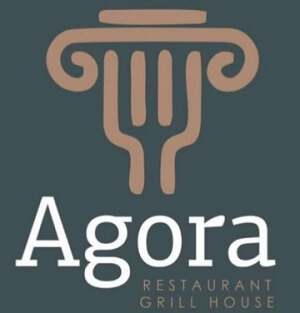 Agora Restaurant Grill House
Agora Restaurant Grill House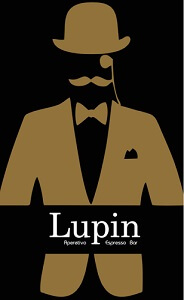 Lupin Aperitivo Espresso Bar
Lupin Aperitivo Espresso Bar


